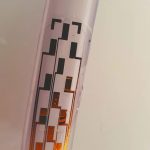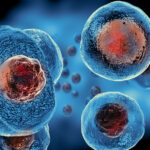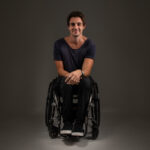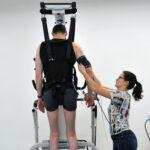Lockdown can feel like groundhog day, we get it! Raise money for a cure and break the monotony for yourself and others with these fantastic challenges. With two trials currently running in Australia, we are closer to a cure than…
Tag: cure paralysis (page 3)
Tiny spinal cord stimulator could improve access to treatment
A tiny inflatable spinal cord stimulator has been developed by researchers at the University of Cambridge with the aim of making spinal cord stimulation more practical and accessible. While the device was developed for people with back or leg pain,…
World-first study using adult-derived stem cells on spinal cord injury patients begins
The first clinical study using adult-derived stem cells with the aim of treating people with spinal cord injuries has begun in Japan, at Keio University. The research team, led by Prof. Masaya Makamura, an orthopedic specialist, and Prof. Hideyuki Okano,…
June 2021: Spinal cord injury research update
We are at an exciting point with cure-related spinal cord injury research in Australia, with our landmark gold standard eWalk trial beginning. Great progress is also being made in other areas. Dollars are the major hurdle in expanding trials and access…
Dean’s story
Dean has learned to live without the use of his legs, but he’ll never stop dreaming of returning to his old hobbies. At age 20, he was on the trip of a lifetime living and snowboarding in the French Alps…
Chloe’s story
Chloe, a molecular genetics researcher, was on a dream to Europe when her life changed. The plan began when she went on a trip to Italy with her mum. Chloe loved it and resolved to come back for a working…
Landmark trial aims to help people with spinal cord injury walk again
Wednesday 2 June, Sydney, Australia: Australian researchers are embarking on a landmark international trial which aims to help people with spinal cord injury walk again. Led by researchers at Neuroscience Research Australia (NeuRA) and primarily funded by SpinalCure Australia and…
Spinal cord injury – it's not what you think
To the uninitiated, a spinal cord injury often means simply ‘not being able to walk’. The reality? It’s much worse. Today is World Spinal Cord Injury Day, an important, international day to bring awareness to a condition that many people don’t…
3D-printed nerve stem cells could help repair damaged spinal cord
Researchers at the University of Minnesota have designed a device that could reconnect the damaged spinal cord. A silicone guide, covered in 3D- printed neuronal stem cells, can be implanted into the injury site, where it grows new connections between…
Inflammation discovery opens window to better rehabilitation possibilities
Researchers from the University of Alberta have discovered that creating a mild inflammatory response improved a rat’s ability to relearn how to pick up pellets months after a spinal cord injury. “Time is of the essence,” explained lead researcher Karim…






